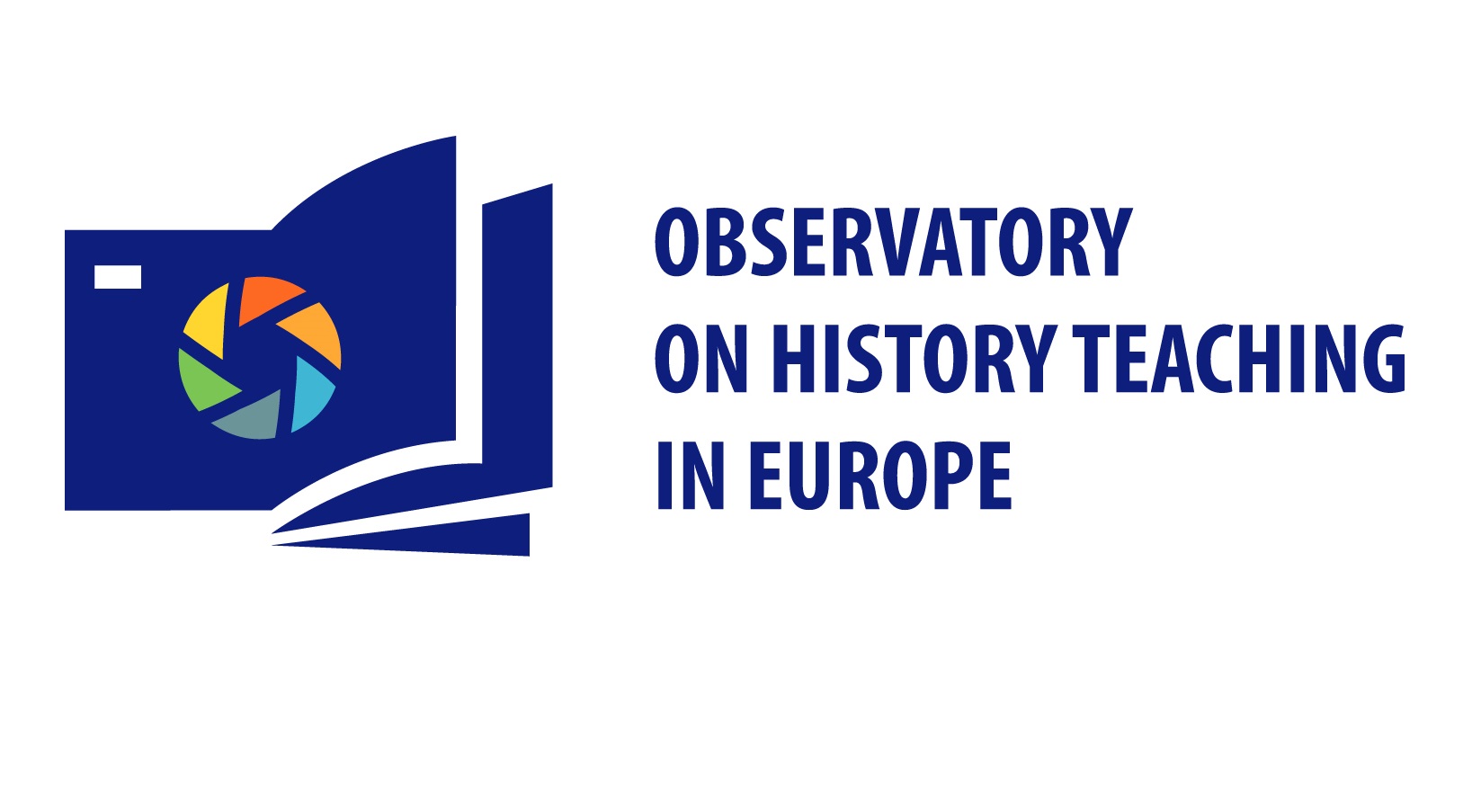Georgia
STRUCTURE OF THE NATIONAL EDUCATION SYSTEM
There are three levels in Georgian education: elementary school covers classes 1-6, basic school covers classes 7-9, and secondary school covers classes 10-12. Both primary and basic education are compulsory. The third-generation national curriculum is an objective-based document. Each subject standard is based on general objectives and concrete objectives (outcomes and concepts) specific to the subject area at primary, lower secondary and upper secondary stages, mandatory topics and objectives within the topics. Based on the New School Model introduced in 2018, modern approaches aimed at the holistic development of the student are promoted, which encourage teachers to use active pedagogies to strengthen students’ critical thinking and problem-solving skills, while developing their creativity.
In Georgia, there is a range of non-state-operated schools, which include international schools, private schools with autonomous curricula, and religious and faith schools. Religious and faith schools, as well as some international schools, are not bound by the state curricula. Some private schools and international schools try to adjust their curricula to the state curricula, or at least to align with its major principles. Those need to receive official permission from the Ministry of Education and Science to use additional materials and textbooks.*
Ministry of Education and Science
*OHTE Thematic report on "Pandemics and natural disasters as reflected in history teaching"
HISTORY IN SCHOOL
Data are currently being collected for the OHTE general report.
This section will host information on the space and time provided to ‘History’ as a subject matter within the three main levels of education (primary, lower secondary and upper secondary). It will also provide insights on the relationship between history and other school subjects.
HISTORY CURRICULUM
Data are currently being collected for the OHTE general report.
The basic history standard consists of the following elements:
- objectives of teaching the subject;
- results and content of the standard;
- methodological guidelines; and
- evaluation.
At the basic level, the subject of history refers to the integrated teaching of Georgian and world history. Students are acquainted with the main episodes of the history of Georgia from ancient times to the present, and connect these with key events of world history. They study the social history of different epochs (religion, culture, economy) and explore how modernity and the past are closely related.
Textbook teaching is the predominant form of teaching in Georgia, and textbooks must be approved by the Ministry of Education and Science. Other resources used in history classes, such as historical sources, films and mass media, are selected by the teachers.*
Curricula workstation by GEI (History curricula search by country)
*OHTE Thematic report on "Pandemics and natural disasters as reflected in history teaching"
LEARNING OUTCOMES AND ASSESSMENT
Data are currently being collected for the OHTE general report.
This section will contain information on the learning outcomes set for history lessons within the different levels of education and on the methods of testing and assessment used in history examinations.
EDUCATIONAL RESOURCES AND PEDAGOGY USED IN THE HISTORY CLASSROOM
Data are currently being collected for the OHTE general report.
This section will host data on the study material and teaching practices used for history teaching within the different levels of education.
International TextbookCat (GEI collection of Textbooks and Educational Media)
HISTORY TEACHERS
Data are currently being collected for the OHTE general report.
Teachers have some flexibility in delivering the curriculum and can choose the most appropriate and relevant issue(s) for their students and the methodologies most appropriate to teach them. The only requirement is that the teaching and learning process must be based on curriculum objectives and constructivist principles.*
Georgian Association of History Educators (presentation by EuroClio)
Georgian Association of History Educators (official website)
*OHTE Thematic report on "Pandemics and natural disasters as reflected in history teaching"
THEMATIC DATA
The Observatory on History Teaching in Europe also provides thematic studies on given topics.
2022: Pandemics and natural disasters as reflected in history teaching



